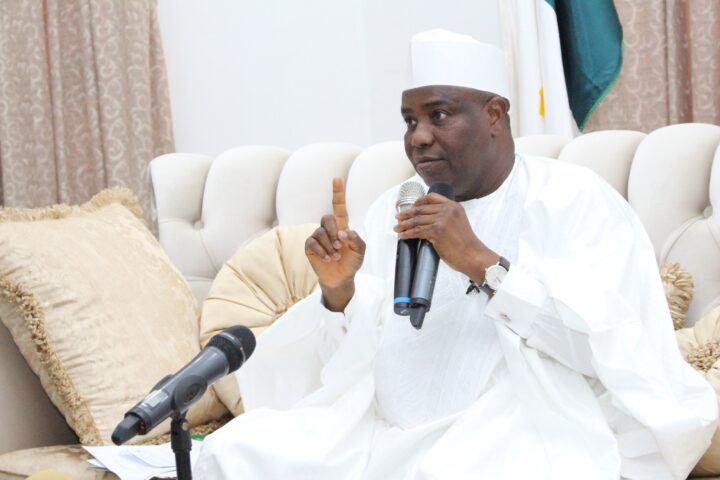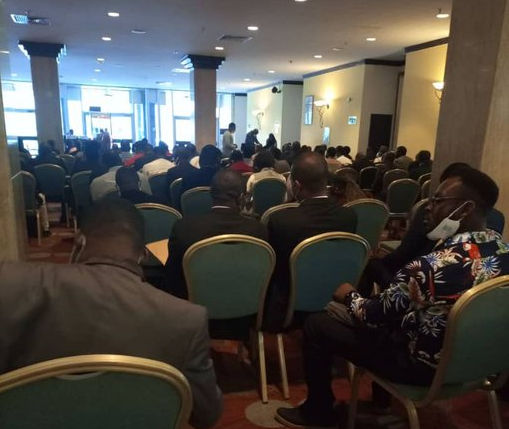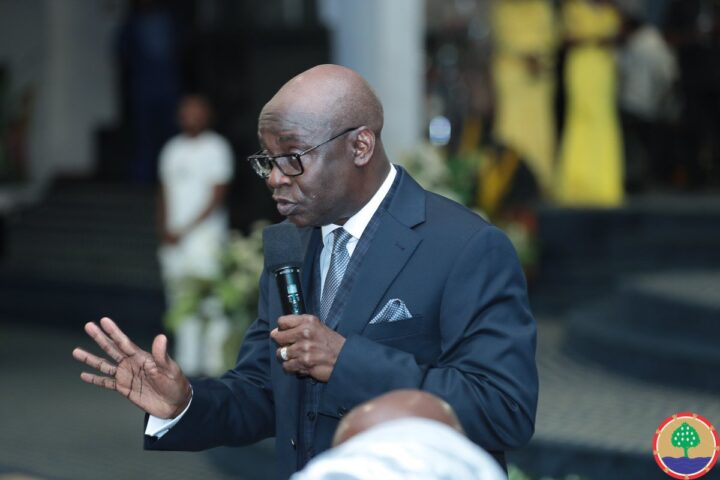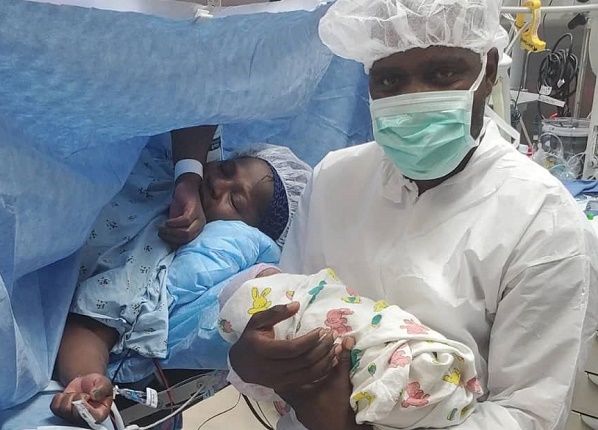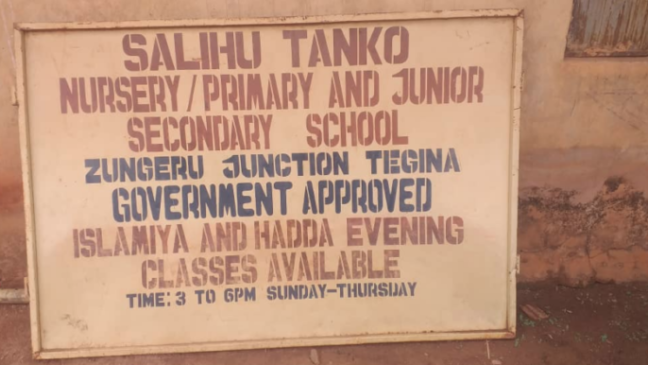Aminu Tambuwal, governor of Sokoto state, has cautioned President Muhammadu Buhari against imposing open grazing of cattle on states.
Tambuwal was reacting to the president’s recent approval for the review of 368 grazing reserves across 25 states in the country.
The order came at a time when several states, especially in the south, are banning the practice over security issues.
Garba Shehu, presidential spokesman, said Buhari’s decision was informed by the recommendation of a committee chaired by Ibrahim Gambari, his chief of staff.
Advertisement
This is despite the federal government’s National Livestock Transformation Plan (NLTP) which provides for ranching of livestock to address the farmer-herder crisis.
Speaking at the 63rd birthday celebrations of Richard Akinnola, a journalist and lawyer, Tambuwal said open grazing “is not helpful for the Fulani herdsmen themselves, the cows and communities they are passing through”.
He asked the government to provide infrastructure and support only in communities where the practice is understood and tolerated.
Advertisement
“The time has come to come to face the reality of the fact that it is not helpful for the Fulani herdsmen themselves, the cows and communities they are passing through. We should rethink and rework that arrangement,” Tambuwal said.
“I said that President Muhammadu Buhari should only do his programme of cattle routes or grazing reserves where the people or communities are interested.
“If the government can provide infrastructure and support in locations where these practices are tolerated and understood, it can be done. Why must someone from Sokoto be pursuing his cattle to Delta State?”
Tambuwal, who presented a paper titled: ‘Security challenges in Nigeria and its implications for sustainable development’, harped on the need for adequate security if Nigeria is to record substantial development.
Advertisement
“Security and development are also related in the sense that being a public good, the imperative to maintain security competes with other public goods such as education, health and infrastructure for public funds,” he said.
“Expenditures on security are therefore an essential component of the development process. For instance, the use of resources to strengthen a country’s security system could have been useful in other relevant areas. Insecurity therefore, becomes a drain on state and national resources at the expense of development and peoples’ wellbeing, thereby having adverse consequences on economic growth and development.
”Thus, in the absence of any real threats to security, expenditures on security can be reduced significantly, allowing national and state governments to channel more resources to other areas of need to improve the quality of life of the people.”
Advertisement
Add a comment

